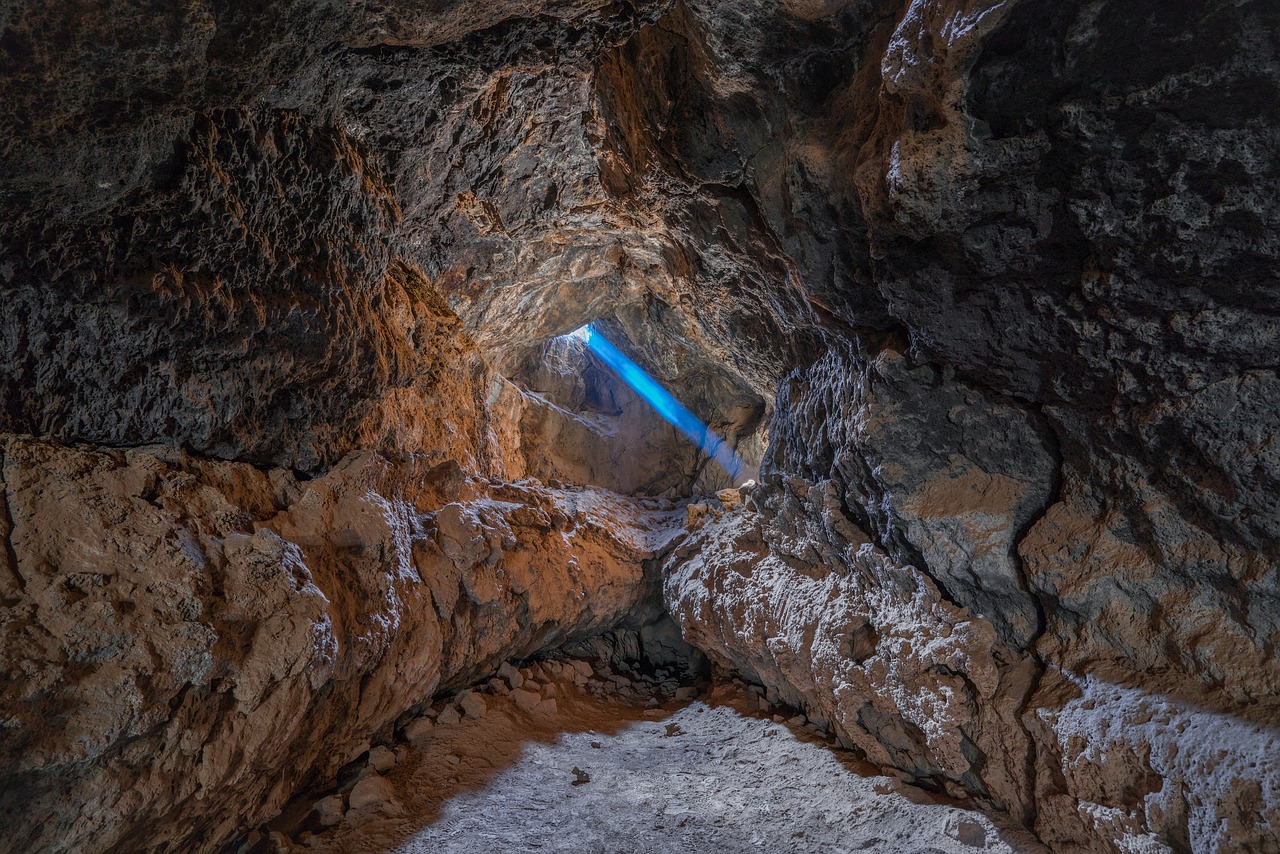The Court of Appeals (CA) has dismissed a writ of kalikasan petition filed against government agencies and mining companies operating in Mt. Mantalingahan, Palawan, following its withdrawal by the original petitioners after the firms agreed to settle royalties with indigenous peoples (IPs).
Inquirer reported that the appellate court also denied a motion by Romeo Melnocan and Ronald Combang to be named as new petitioners. Melnocan and Combang, who identified themselves as traditional leaders of the Palawan Indigenous Cultural Communities (ICCs), sought to continue the case after the original petitioners dropped it.
In a resolution dated December 3, the CA’s Fifteenth Division ruled that any opposition to mining activities in the area must be pursued through a new petition, noting the inability to continue the existing case under new representation.
Associate Justice Marietta Brawner-Cualing stated that their situation cannot be pursued further in the current petition.
The Supreme Court had initially issued the writ of kalikasan last year, citing the mining operations’ potential for causing “serious and irreversible” environmental damage to the ancestral domain of the ICCs in Brooke’s Point, Palawan.
The original petitioners, represented by Julhadi Carim Titte and Renila Dulay, were members of the ICCs of the Bicamm ancestral domain. Their petition was later referred to the CA by the Supreme Court, which also denied an earlier request for a temporary environmental protection order.
Preliminary hearings began in March but were postponed due to settlement talks. During the May 6 pretrial conference, Titte and Dulay informed the court of their decision to withdraw the case after the mining companies disclosed that the Bicamm ICCs had executed a resolution consenting to the mining operations and withdrawing all complaints against Ipilan Nickel Corporation and Celestial Nickel Mining and Exploration Corporation.
Melnocan and Combang sought to intervene in March, claiming to have been authorized by 47 signatories as legitimate representatives of the affected IPs. They alleged that the withdrawal was influenced by the mining companies’ willingness to pay royalties.
The CA ruled, however, that the withdrawal had the consent of the ICC of the Bicamm Ancestral Domain, which included Titte and Dulay as members.
It also found that Melnocan and Combang failed to prove their authority to represent the petitioners or that the signatories to the resolution had revoked their consent to the mining activities.














